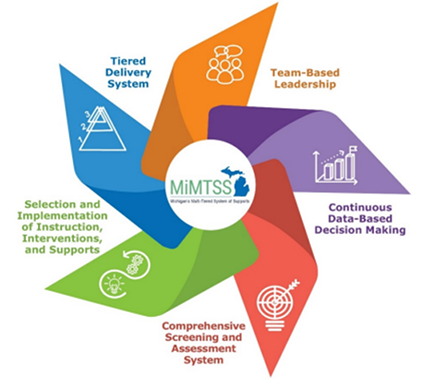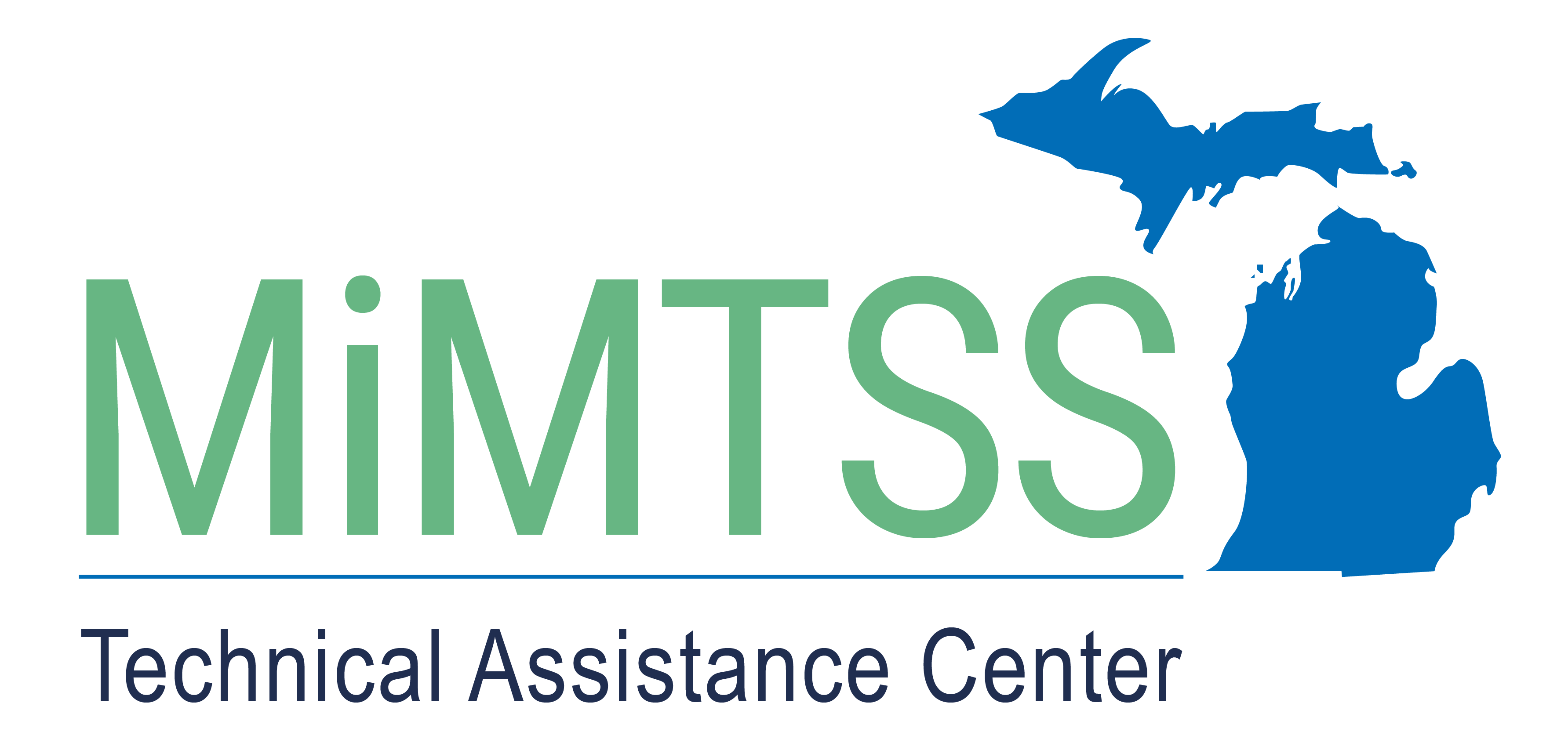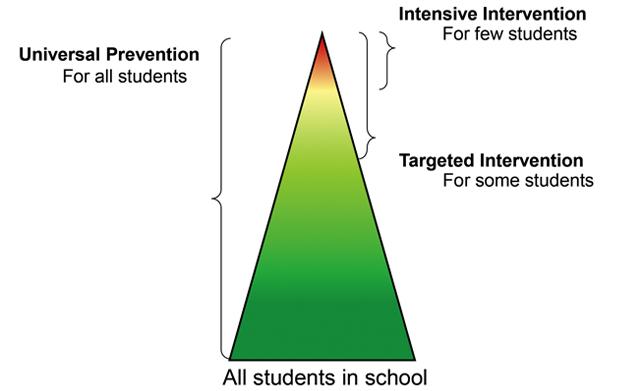A Multi-Tiered System of Supports (MTSS) is a comprehensive framework to improve academic, behavior, and social-emotional outcomes for all students, including students with disabilities. MTSS is an effective framework to differentiate research-informed supports matched to student needs. MTSS is also an efficient way to allocate and leverage limited resources to address student needs. This efficiency is increased through an integrated MTSS approach. To implement MTSS correctly, it is important to understand the key components of this framework.
MTSS Definition
The Michigan Department of Education defines an MTSS as a comprehensive framework comprised of a collection of research-based strategies designed to meet the individual needs and assets of the whole child. MTSS intentionally interconnects the education, health, and human service systems in support of successful learners, schools, centers, and community outcomes. The five essential components of MTSS are inter-related and complementary. The MTSS framework provides schools and districts with an efficient way to organize resources to support educators in the implementation of effective practices with fidelity so that all learners succeed.
Essential Components
The essential components of MTSS identified by MDE include:


